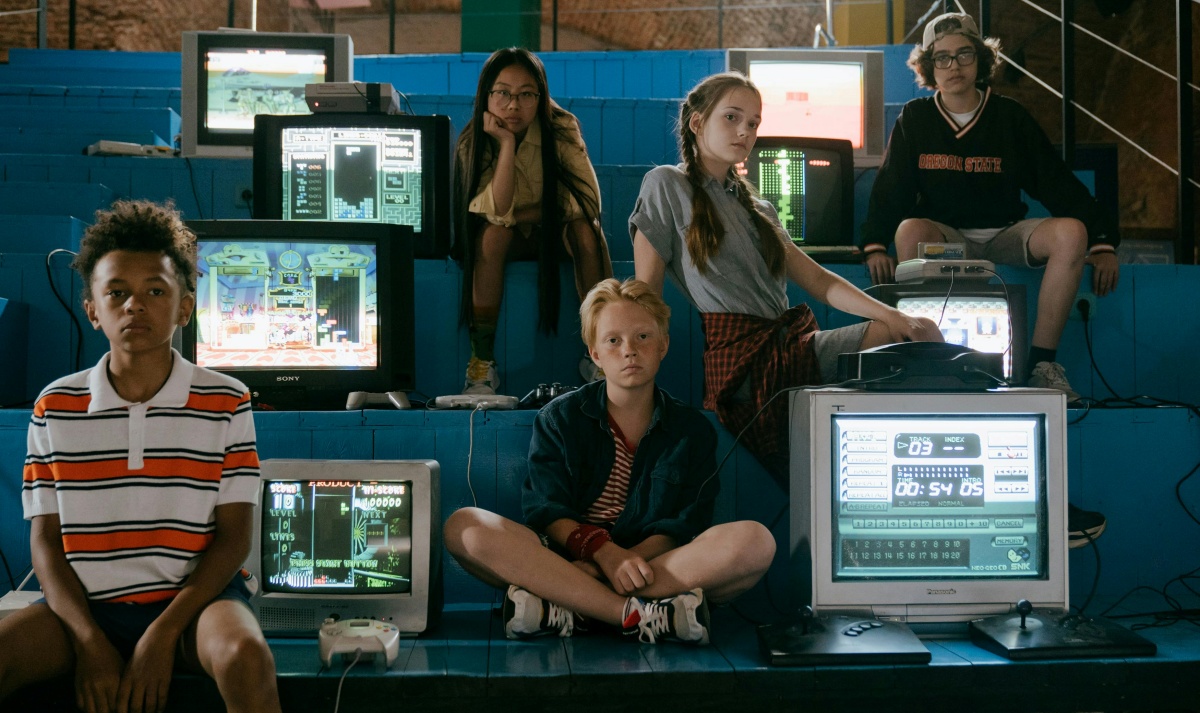Reality TV’s infancy
The origins of reality TV can be traced back to the 1940s and 50s with shows such as Candid Camera. Hidden camera pranks and Queen for a Day, a game show with emotional storytelling, were among its features. Programs that blurred the lines between scripted entertainment and real-life events began shaping the genre in the late 20th century. The PBS documentary series An American Family (1973) is one of the earliest examples. which follows the lives of the Loud family, offering an unfiltered glimpse into the struggles of everyday life.
Reality TV experienced a significant shift in the 1990s with the launch of MTV’s The Real World. The purpose of this show is to create drama and personal storylines by placing young strangers in a shared living space and filming their interactions. The Real World laid the foundation for the ‘fly-on-the-wall’ style of reality TV, which became a hallmark of the genre. The appeal of voyeurism and the emotional involvement that occurs when real people navigate relationships and conflicts on screen were introduced to audiences.
Reality TV is a cultural mirror
Reality TV’s popularity is rooted in its ability to convey cultural norms, values, and aspirations. Programs such as The Real Housewives and Keeping Up with the Kardashians give viewers a look at the lives of the wealthy and glamorous, shaping opinions on lifestyle and success. Fashion trends, beauty standards, and social behaviors are influenced by these shows, which have become cultural touchstones.
Reality TV has provided a platform for diversity and representation at the same time. LGBTQ+ culture has been celebrated by shows like RuPaul’s Drag Race, which breaks down barriers and introduces audiences to new perspectives. Programs like Queer Eye have focused on themes of acceptance, personal growth, and empathy, which have resonated with viewers and promoted social change.
Reality TV has been criticized for promoting stereotypes and exploiting personal drama for entertainment purposes. Critics claim that many reality shows rely on exaggerated depictions of conflict, which reinforces negative behaviors and unrealistic ideals. The ethical implications of reality TV have been the focus of ongoing debates due to the tension between authenticity and entertainment.
Future directions and challenges
Reality TV is facing multiple challenges in a changing entertainment landscape despite its popularity. As audiences become more discerning, there is a growing demand for authentic and meaningful storytelling. Producers are looking for new ways to engage audiences without compromising authenticity, as some viewers have become tired of heavily edited and scripted content.
Reality TV participants are being scrutinized more closely for their mental health and well-being. Recent years have seen several high-profile incidents involving former contestants that have raised concerns about the psychological toll of being famous in reality TV. Networks and production companies are now putting in place more strict guidelines and support systems to safeguard participants during and after filming.
To stay relevant in the future, reality TV will need to continue to evolve. As streaming platforms expand their offerings, the competition for viewers will increase, causing producers to innovate and explore new formats. Immersive reality experiences could be made more interactive and engaging by integrating virtual reality (VR) and augmented reality (AR).
Entertainment and escapism
TV reality shows offer viewers a way to enjoy themselves and escape from their daily lives. Viewers can fully immerse themselves in the struggles, victories, and conflicts of others through these programs. Entertainment and relaxation are provided by them, allowing people to momentarily forget about their problems.
The influence of personal relationships
There are several ways that TV reality shows can impact personal relationships. By watching these shows together, relationships between partners and families can be cultivated, leading to common interests and quality time. Contrasting viewpoints on reality program material can spark discussions and even arguments within partnerships. Additionally, as a result of their increased popularity or public exposure, reality show contestants may experience changes in their relationships.
How individual behavior is impacted
Conflict, drama, and contentious behavior can affect individual behavior when depicted on reality television. It may have both beneficial and negative effects for viewers to imitate or adopt certain attitudes and behaviors they see onscreen. Although others contend that reality shows may also encourage personal growth, tenacity, and perseverance, reality shows have been criticized for encouraging violent behavior, manipulation, and sensationalism.
Contribution to pop culture
Culture is greatly influenced by television reality shows. Words, historical moments, and enduring figures are created by them and used in slang and pop culture allusions. The way people dress, view particular places, and use words can be affected by these programs. The influence of reality television extends beyond the program’s duration, impacting a wider cultural environment.
In conclusion, TV reality shows have a variety of effects on social life, including entertainment and a positive or negative impact on romantic relationships. A reflection of cultural norms and a change in behavior. While they may provide entertainment and social interaction. Viewers need to engage critically with the material and be aware of how these shows may affect their attitudes and behavior. Reality television’s influence on social life will continue to be a matter of fascination and debate in modern society as it continues to develop and enthrall viewers.



